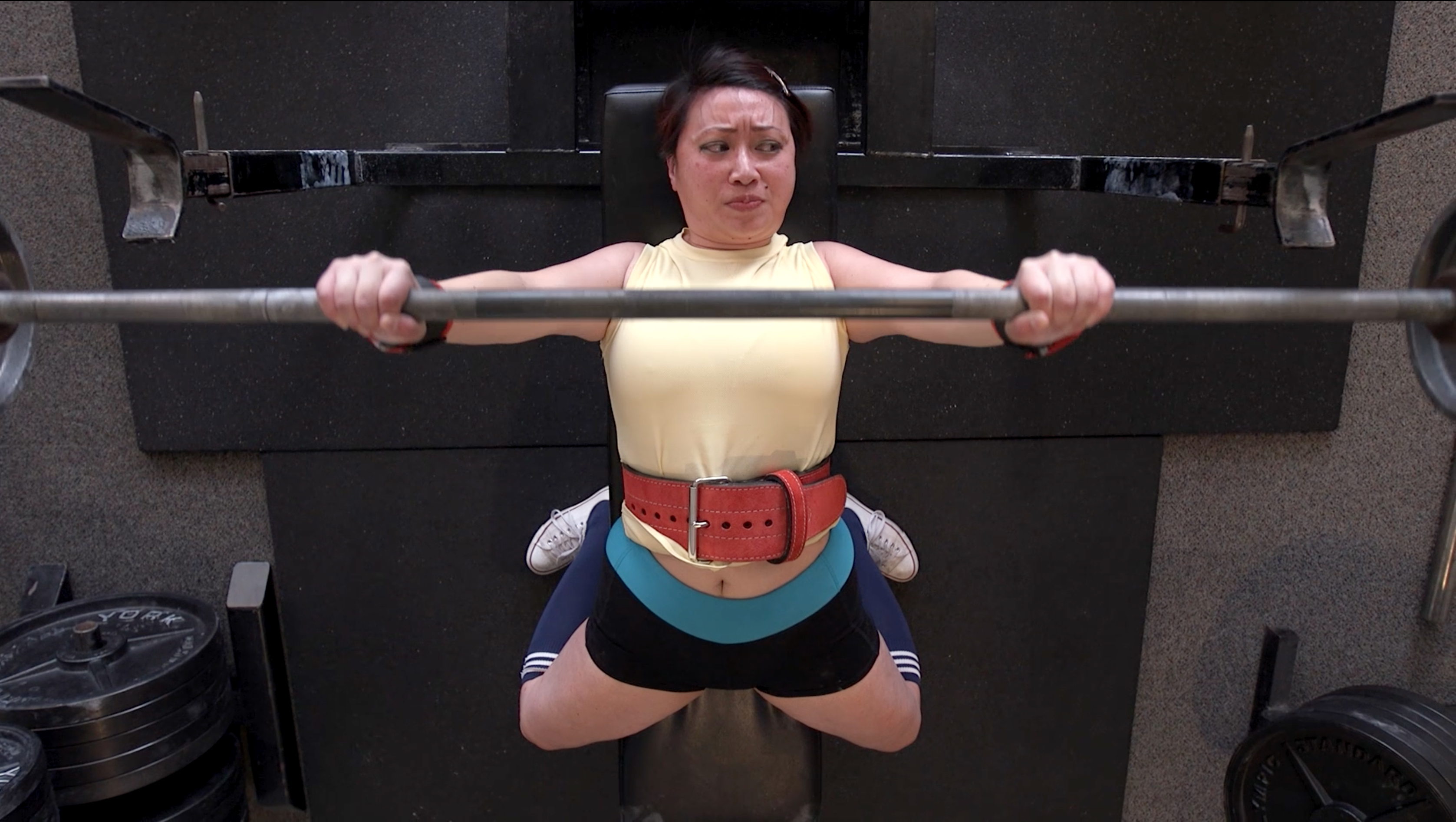
Every Saturday morning, for the past two and a half years, Tannie Schunck has driven from her San Francisco home to Raw Sports Performance & Center For Strength, a powerlifting gym on the fringe of the East Bay. On the hour long drive, as the peak of Mount Diablo arches before her, Schunck—a San Francisco native and former journalist—listens to music and gears up to powerlift.
Over the course of a few hours, Schnuck trains methodically, moving from her warm up to the series of three lifts that make-up powerlifting: deadlift, bench press, and squat. Some days, she meets her lifting goals and tracks her weight numbers in a spiral-bound notebook. Other days, she feels the heaviness of the round, candy-colored weights defeat her and the figures stare back at her—the representation of her athletic ability. They can be a source of painful disappointment.
“I don’t think I have good genes for any kind of sport,” she says. “Nobody is ever taught how to be athletic.”
Since 2015, women’s participation in powerlifting has more than doubled. Often documented through instagram athletes and encouraged by the mantra “strong is the new skinny,” the face of heavy lifting has been changing.
Schunck, while part of that movement, is also very different than the lean, white, pony-tailed visage typically smiling and sweating on your screen. She is not the best, not the strongest, and not the loudest—in fact, she shirks most public affirmations of her athletic prowess or progress.
“Powerlifting has given me a greater focus, a goal,” she says. “I have to say, I really do enjoy the challenge.” Week after week, as the numbers rise and fall, as her determination grows and wanes, Schunck persists.
She makes that Saturday morning drive, rallies herself, and lifts.

